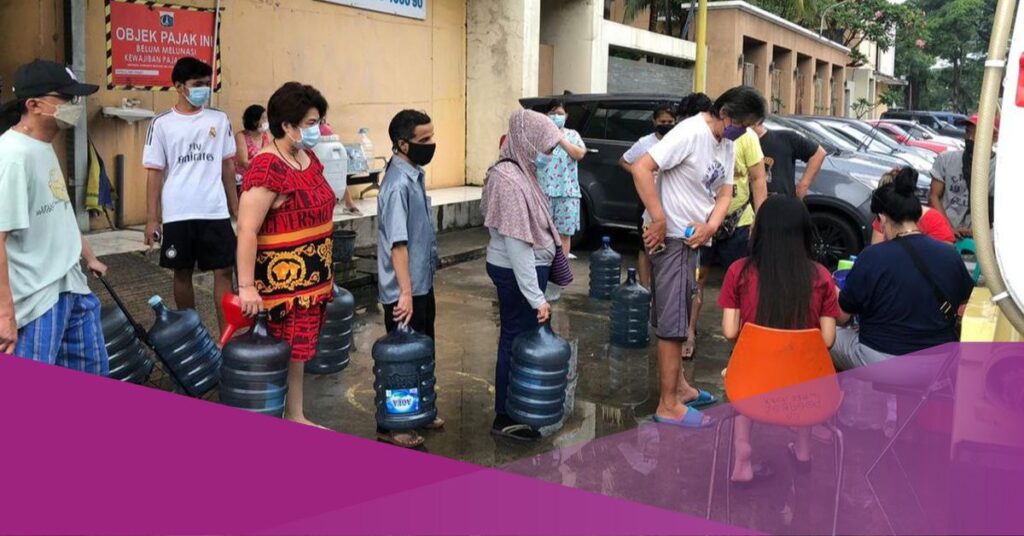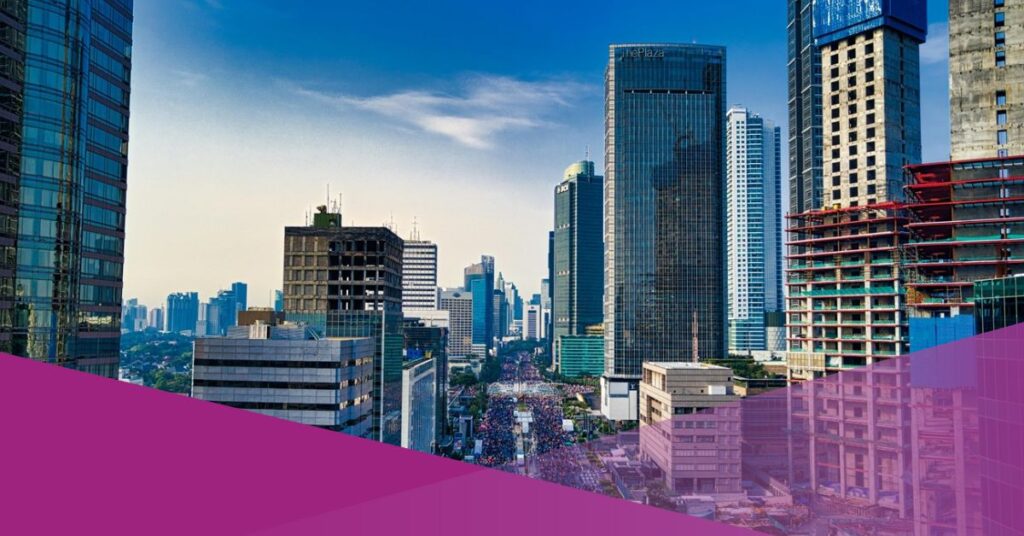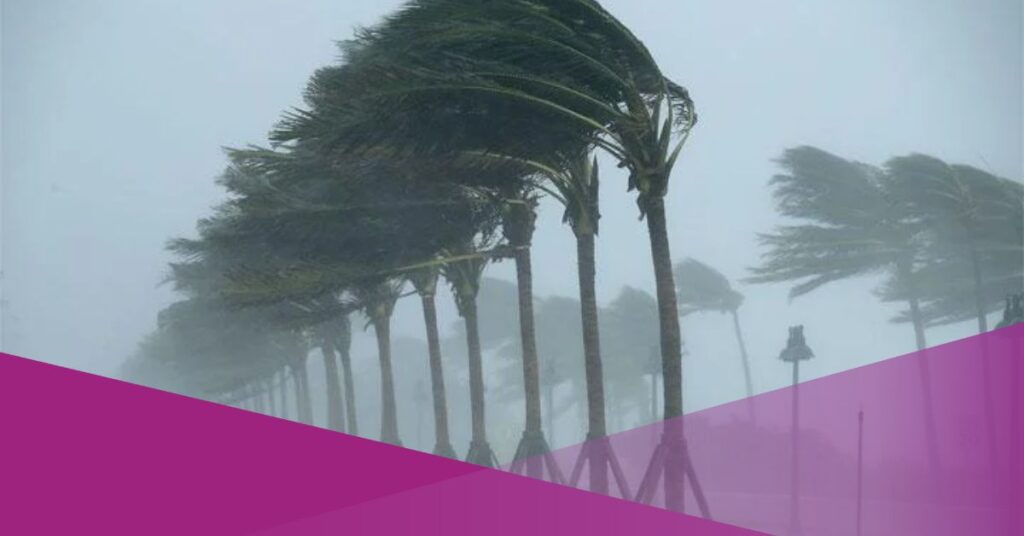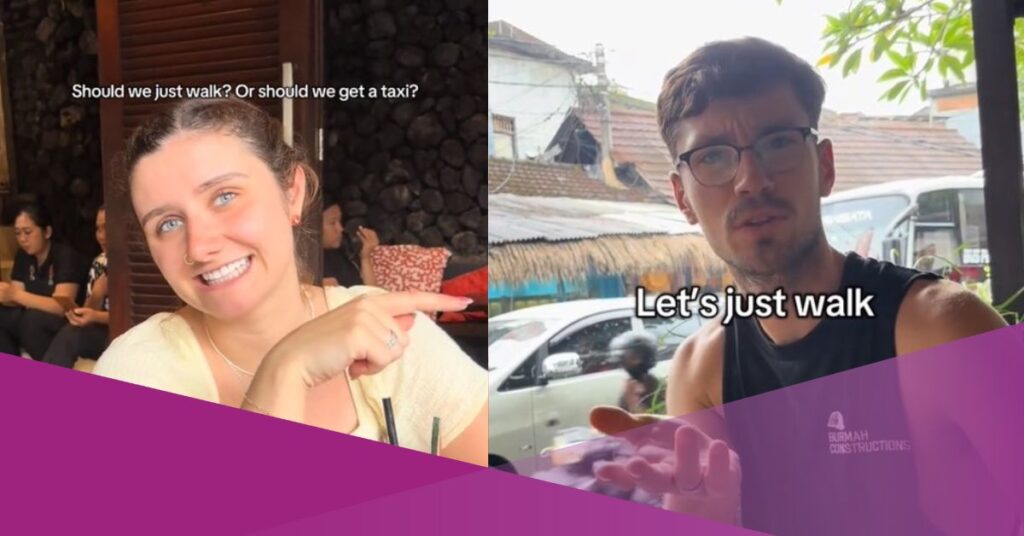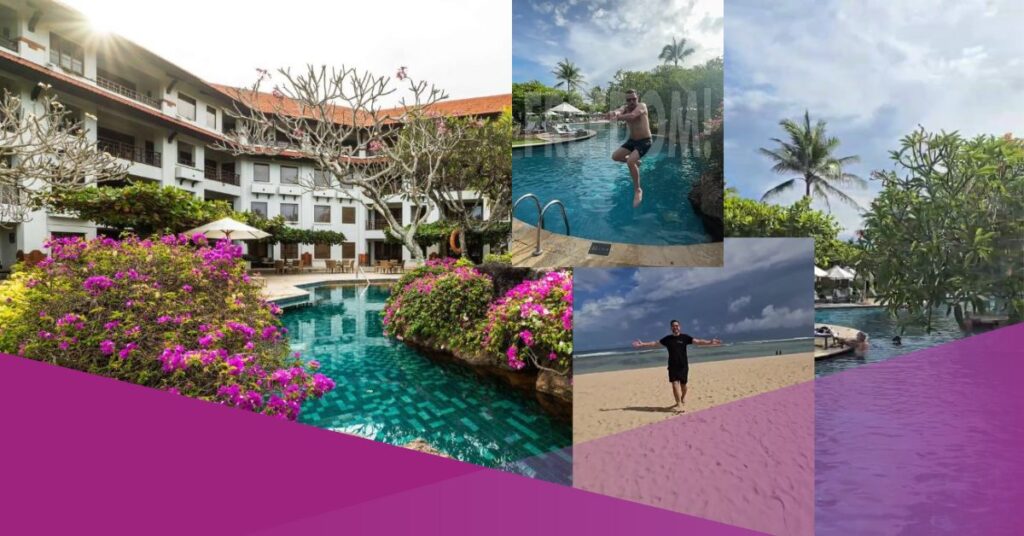The sprawling Indonesian capital, Jakarta, is grappling with a severe water crisis that has forced the local government to introduce stringent measures to curb groundwater use. As the city’s skyline continues to evolve with a surge in skyscraper construction, the demand for groundwater has skyrocketed, leaving Jakarta’s water supply in a precarious state.
Jakarta’s Regional Secretary, Joko Agus Setyono, sounded the alarm on the city’s dwindling groundwater reserves during a press conference held on the 8th of September, 2023. He stated, “We know that Jakarta is experiencing a water crisis, meaning that our groundwater is starting to decrease due to the presence of skyscrapers.” This announcement is a stark reminder of the urgent need to address the city’s water management issues.
The severity of the crisis prompted the Jakarta government to take decisive action. On the 1st of August, 2023, Governor Regulation Number 93 of 2021 came into effect, banning groundwater use in most circumstances within the city. The regulation specifically targets building owners, prohibiting them from extracting or utilizing groundwater unless they are engaged in dewatering activities. This marks a significant shift in Jakarta’s water management policies.
Article 8 of the Gubernatorial Regulation states, “Every building owner/manager with the criteria referred to in Article 2 is prohibited from carrying out extraction and/or utilization of groundwater starting the 1st of August, 2023, except for dewatering activities.” The regulation aims to reduce the stress on Jakarta’s already strained groundwater resources, prioritizing more sustainable alternatives for water supply.

The move to restrict groundwater usage has been met with mixed reactions from residents and stakeholders in the city. While many recognize the need for immediate action to address the water crisis, some business owners and residents who rely on groundwater for their daily needs are concerned about the practical implications of the ban.
The Jakarta government has outlined plans for alternative water supply solutions to mitigate potential challenges and encourage compliance with the new regulation. These include improving the city’s piped water distribution network, investing in desalination technologies, and promoting rainwater harvesting among residents and businesses.
Local authorities have also emphasized the importance of community engagement in water conservation efforts. Educational campaigns and incentives for water-saving practices are being rolled out to raise awareness about the water crisis and encourage responsible water use.
The Jakarta water crisis is a stark reminder of the growing challenges many metropolitan areas face as they grapple with urbanization and population growth. Balancing the demands of a rapidly developing city with sustainable resource management is a complex task. Jakarta’s new groundwater restrictions represent a crucial step toward a more resilient and water-secure future for the Indonesian capital. As the city adapts to these changes, innovative solutions and greater awareness will help Jakarta emerge from this crisis with a more substantial and sustainable water infrastructure.
Interested in this topic? Check out our other articles from Social Expat:
